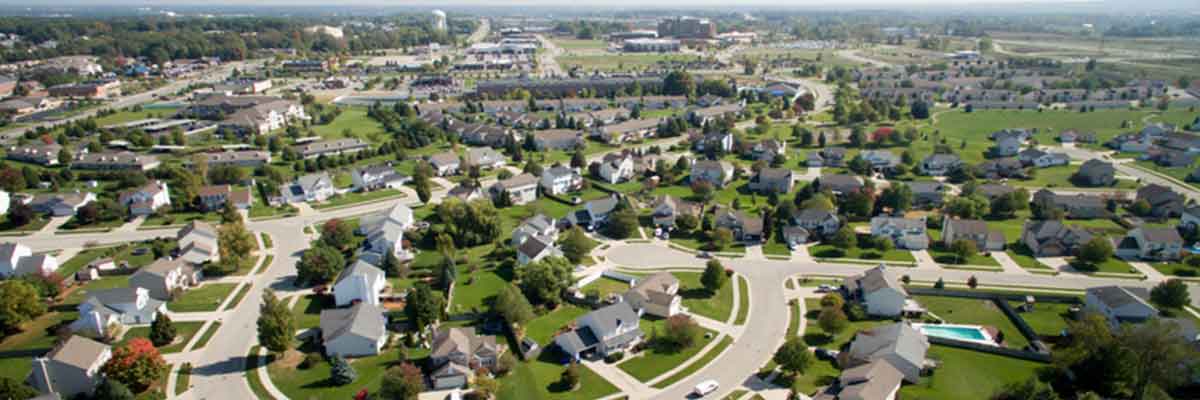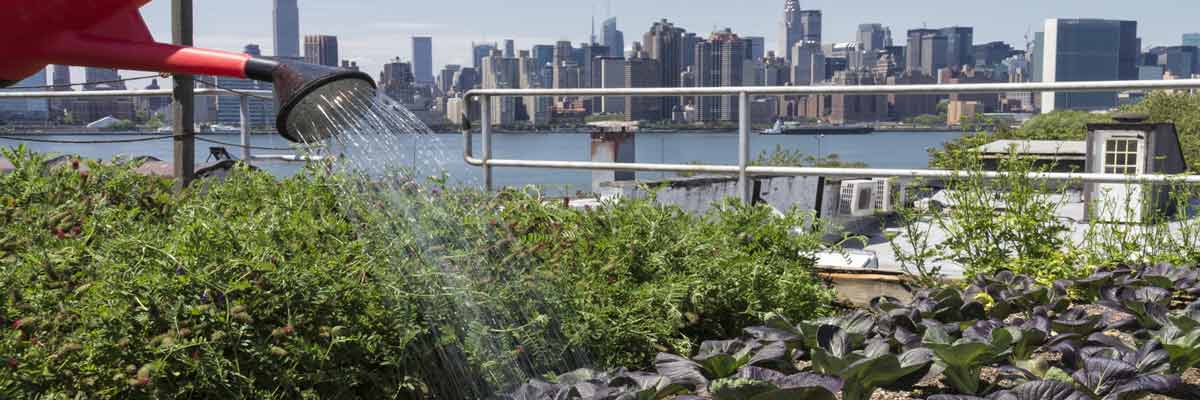The Sustainable Suburbs: Fowl Language
Another story in our series from Wendy. This one has some nuts and bolts about the cost of keeping chickens in your backyard.
************************************************************************************************
I live in the suburbs. Mine may not be a “typical” suburban neighborhood – my house was not part of a “planned” subdivision, although a subdivision plan was filed with the town for the road on which I live.
There’s also a planned subdivision across the road from me. The house lots are each a 1/2 acre. There’s another planned subdivision going in right down the road from me. I know the owner of the property. He’s my neighbor and owns the garden center next door.
About a 1/2 mile up the road from me is another family who also has chickens. I think they might also have bees.
This is a residential area. It’s a suburb. With the exception of my home business, the few other home-based workers and the garden center, there are no shops or other stores – just a bunch of houses from Route One until the grocery store that is the beginning of the town proper.
There Was No Fat Lady Singing
The next in our series from Wendy.
********************************************************************************************
We watched the movie The End of Suburbia last night. I’ve been waiting a long time to see the film, but after having seen it, I’m actually glad that I didn’t have the opportunity to see it sooner. I like the timing of it all. Here, I’ve planned this series of posts about why we should stay in suburbia, and then the movie comes in the mail. It seems almost too fortuitous, almost fated.
Deus Ex Machina wasn’t as enthusiastic about the movie as I was (when he saw what it was he grumpled something about it being more of that fundamentalist crap). I asked Deus Ex Machina what he thought about the film after we watched it, and his response was, “They didn’t say anything new.”
Basically, the movie was a history of how our country adopted a suburban mindset. The original idea behind the suburb was to give city-dwellers the opportunity to move outside of the crowded and dirty environment of the newly industrialized cities into a cleaner community, usually consisting of residential housing with no industry or retail outlets within close proximity to where people lived. The hope was to give people a “taste” of country living.
Pass The Scoop, I Likes Me Some Ice Cream With My Cake
The next in our series from Wendy.
***************************************************************************************
I was supposed to be commenting on the Suburban Lawn of the Future, but I’m having trouble with that topic.
Ask me why.
Okay, I’ll tell you.
I live in Maine, and right now we’re under a foot-deep, concrete-hard blanket of ice and snow, which is not unusual for February in Maine, but it makes thinking about what my garden might look like in the spring a little difficult. Some of my favorite bloggers are starting seeds right now, and from my experience as a gardener in this part of the country, it’s still too early to even do that. The traditional planting date for Maine is Memorial Day – still three full months away (and I learned the hard way not to flout the wisdom of waiting until then).
Instead I hope I can talk convincingly about why, if you already live in the suburbs, keeping your house is a better option than running wildly into the woods, and I’ll be making the assumption that your house in the suburbs carries a mortgage AND that if you found a house in the country, you would also have a mortgage.
In a survival situation, experts stress that the first order of business is finding shelter. Most people freak out and rush around trying to get food. Read More
A Rose by Any Other Name
The next installment in our series from Wendy.
***************************************************************************************
What is a suburb?
As I was thinking about this post, I started having a really hard time defining what a suburb is. I mean, we all know what it is, right? It’s a planned, homogenized community with plastic-looking houses and artificially green lawns sporting pink flamingoes and rusty swingsets.
But if my goal is to defend suburban life and explain why I think people who live in suburbs have as good a chance of surviving the apocalypse as the people in the country who have a bajillion acres of land and an abundance of natural resources at their disposal, or people in the city who can combine or eschew resources such as transportation and heating, I can’t very well use that definition ![]() .
.
I googled the term and found this definition: town or unincorporated developed area close to a city. Suburbs, since they are largely residential, are usually dependent on a city for employment and support services and are generally characterized by low-density development relative to the city.
I think that pretty well explains what a suburb is, but again, if suburban dwellers are “dependent” on the city for support services and employment, then any illusion of self-sufficiency is immediately negated, by definition.
In short, by using either definition, when it comes to the apocalypse, we suburbanites are screwed.
So, let’s focus on what suburbanites have that is unique to their particular habitat, and might, with a little imagination, be used to their advantage.
1. Suburban homes have a yard space, usually between 10,000 and 40,000 sq ft. Not a lot, but more sometimes just means “more”, which isn’t always better.
2. Suburbs are “close” to amenities. While “close” really is subjective, and some people would say that anything within a 50 mile radius qualifies, I (and most of my suburban neighbors) would classify close as within walking distance. It would take me two to three hours to walk to Portland. It would take about an hour to walk to downtown Biddeford (Portland and Biddeford are the largest and the fifth largest cities in the state of Maine, respectively).
3. Suburban homes are usually single-family homes. People who escape to the suburbs want to have some sense of privacy, but recognize that being interdependent might not be such a bad thing.
4. Suburbs do not, typically, have any businesses (except for the occasional “home business”, that usually doesn’t attract on-site clients).
In other words:
If you measure your property by square feet rather than acres, you might be a suburbanite.
If you need extra storage space to house your lawn care apparatus and outdoor furniture, you might be a suburbanite.
If you live close enough to school to walk, but far enough away for them to send the bus, you might be a surburbanite.
If the only bus that comes to your neighborhood is the school bus, you might be a suburbanite.
If you could walk to town for the gallon of milk you need, but choose to drive, because it’s more than a mile, and that’s just too far to walk with those little kids, BUT you don’t think twice about putting on your sneakers and dropping little Sally into the jogging stroller and walking around the neighborhood for some exercise, you might be a suburbanite.
If you drive more than two miles, but less than ten, to buy plastic crap from China, you might be a suburbanite.
If there is no “corner store” in your neighborhood, you might be a suburbanite.
If you’re close enough to see the dirt on your neighbors’ windows, but need binoculars to see what’s on their big screen television, you might be a surburbanite.
If there is anything called a cul-de-sac in your immediate neighborhood, you might be a surburbanite.
If you live in a cul-de-sac … you are a suburbanite.
Avoid the extremes and converge in the middle.
That’s the suburbs.
Suburbs are the happy medium between country life and city life.
Up Next: Mary, Mary Quite Contrary: The Suburban Lawn of the Future
Oh, Give Me a Home…
Wendy, who writes an interesting blog, has been working through the pros and cons of living in the suburbs as we approach the Peak Oil energy descent. What I find most compelling about his discussions is that she is like any of us. She’s struggling to figure out if the suburbs are her home, or if she needs a house and some land to survive. While she talks about it she walks you through her thinking. Whether you agree with it or not, she make some compelling arguments. She has been kind enough to allow us to bring her serious of posts over to our site to share with a bigger world, which I will be doing over the next few days.
*******************************************************************************************
Today was a holiday. Seriously. It’s like President’s Day or something, I think. Anyway, my client’s office wasn’t open today, which means my normal “work day” was spent doing not much of anything. I sat on the computer most of the day … well, not “on” the computer, because that would have been very uncomfortable, and, well, I’m not sure my computer would have been able to support my weight – not that I’m big or anything.
Growing Power-An Urban Agriculture and Education Center
A few friends of mine from the fledgling Sustainability NPO we recently founded, Sustain Jefferson, spent a few incredible hours touring Growing Power this past Monday. Growing Power is a non-profit Urban Agriculture and Education facility in Milwaukee, WI that claims to grow enough food for 2000 people on 2 acres. With a claim like that I was drawn like a moth to flame. Their website offered some clues to their system-vermiculture, aquaculture, and several greenhouses. The actual tour filled in many of the details and inspired me in a way that I haven’t experienced since I was originally introduced to Permaculture and Bill Mollison several years ago.
What excited me most about Permaculture was the sheer common sense of it all. Taking wastes and turning them into resources is not something we typically think of today. Just as Forests have no waste products, Permaculture strives to promote such perfect systems in human endeavors whether it be designing a garden or linking businesses together via Natural Capitalism. Using the waste of built systems to add energy to another allows you to drastically reduce your time and energy taking care of problems and reap the benefits of one integrated system working in concert is something that continues to fascinate me Aquaponics, especially in the uber simple system that Will Allen of Growing Power sets up, fits the bill perfectly.











